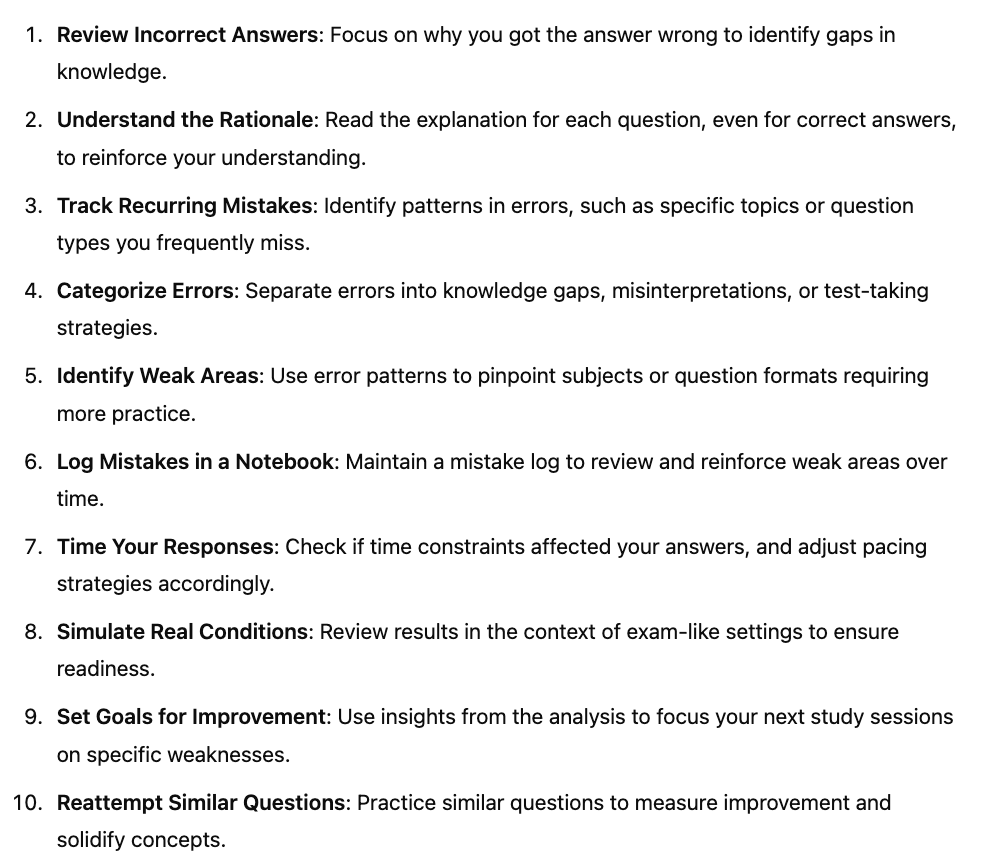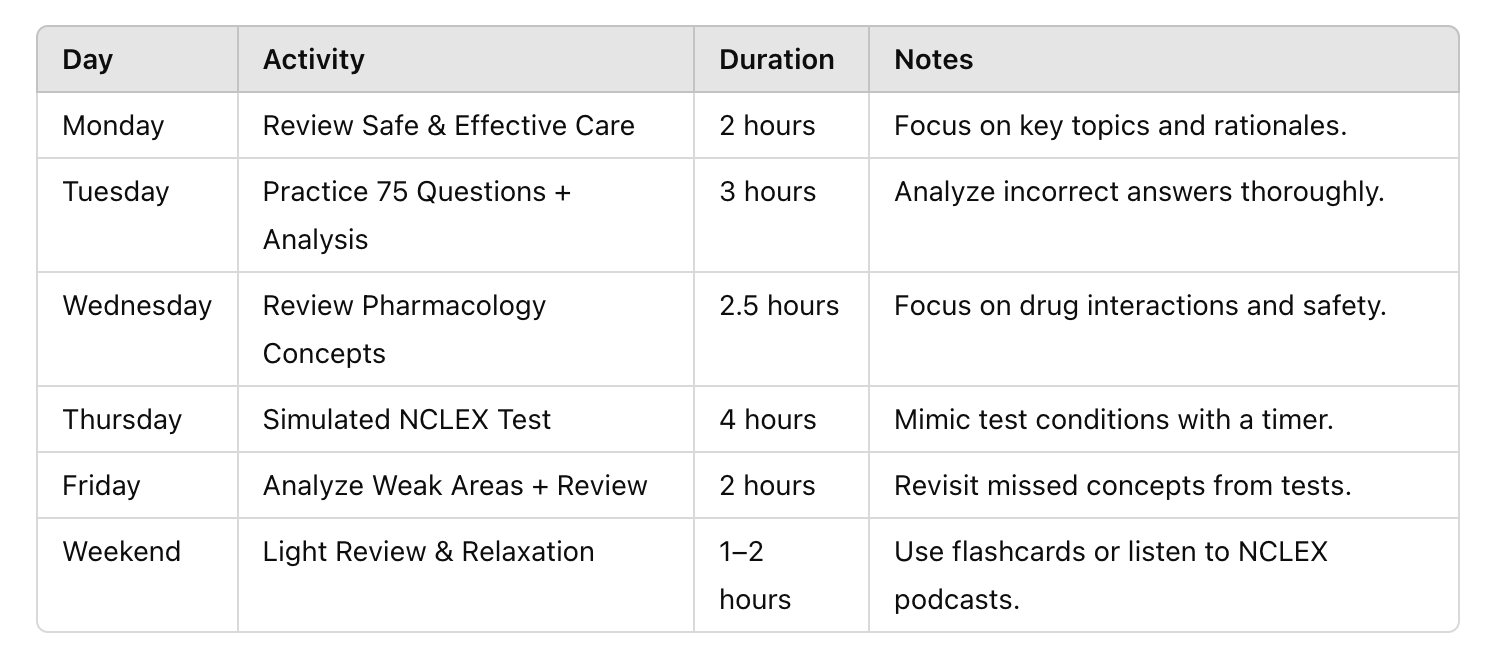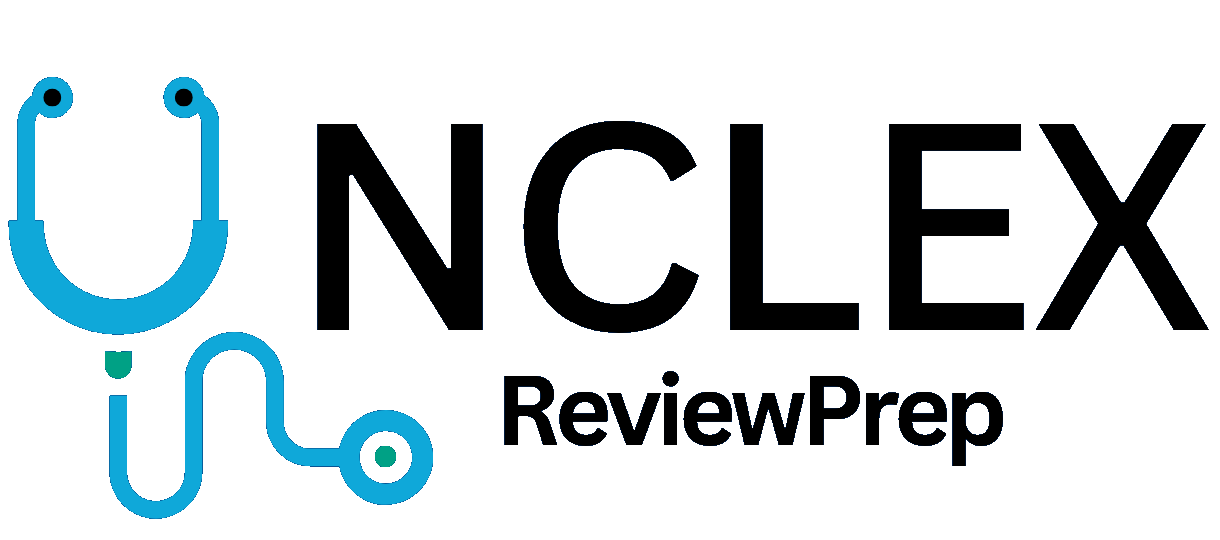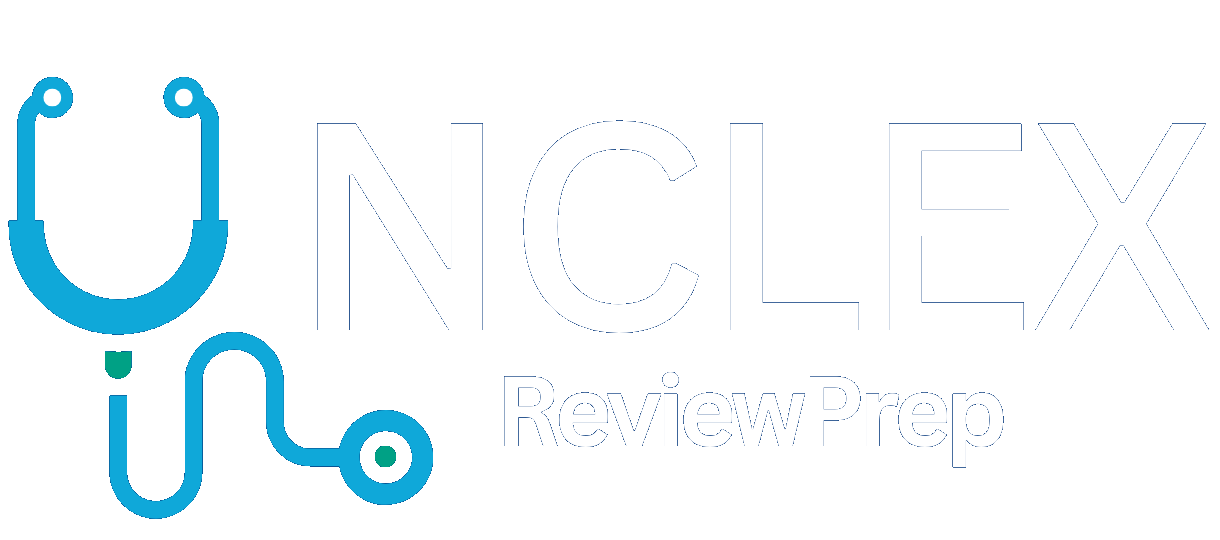
What Percentage Do You Need to Pass the NCLEX? Understanding NCLEX Passing Scores
Passing the NCLEX is a significant milestone for every aspiring nurse, and understanding the passing score is crucial for effective preparation. While most candidates focus on content review and test strategies, knowing how the exam is scored can help you better allocate your study efforts and improve your chances of success.
This article answers the question “What percentage do you need to pass the NCLEX?”. We also move further to break down the NCLEX passing score, passing requirements, and strategies to meet the NCLEX passing standard, offering actionable tips to help you achieve your goal.
How Is the NCLEX Scored? The Basics of Computerized Adaptive Testing
To understand the NCLEX passing standard, you first need to know how the exam is scored. Unlike traditional exams, the NCLEX uses Computerized Adaptive Testing (CAT) to evaluate your performance in real time.
What Is Computerized Adaptive Testing (CAT)?
- CAT dynamically adjusts the difficulty of questions based on your responses.
- The system aims to determine your competency level efficiently by tailoring questions to your ability.
| Key Concept | Description |
|---|---|
| Minimum Questions | NCLEX-RN: 75; NCLEX-PN: 85 |
| Maximum Questions | Up to 145 for both RN and PN exams |
| Time Limit | 5 hours, including scheduled breaks |
| Confidence Interval | Ends when it determines—with 95% certainty—you’ve passed or failed |
Scoring in Simple Terms: NCLEX Passing Score
What is the NCLEX Exam Pass Rate? The simple answer to this is that it depends. If you consistently answer medium to hard questions correctly, the CAT system concludes you have met the competency threshold. The NCLEX does not provide a percentage score; instead, you either pass or fail based on your demonstrated ability. So unfortunately, there is no official passing score for the NCLEX.
What Percentage Do You Need to Pass the NCLEX?
As already mentioned, there is no specific percentage required to pass the NCLEX. The exam evaluates your competency using a statistical measure called a logit.
What Is a Logit?
- A logit measures your ability to answer questions at a specific difficulty level.
- To pass, you must consistently answer questions at or above the passing standard, which is expressed in logits.
| NCLEX Passing Standard | Approximate Logit Value |
|---|---|
| NCLEX-RN | -0.18 logits |
| NCLEX-PN | -0.32 logits |
Why Doesn’t the NCLEX Use a Percentage?
- The NCLEX focuses on critical thinking and competency rather than rote memorization.
- A percentage score would not accurately measure whether you can perform as a safe, entry-level nurse.
How Many Questions Do You Need to Get Right to Pass?
Because of the CAT system, the number of questions you need to answer correctly to pass varies. Here’s what you should know:
- Minimum Question Path:
- If you perform consistently well early in the exam, the system may conclude after the minimum number of questions (75–85).
- Maximum Question Path:
- If the system remains uncertain about your competency, you may need to answer up to 145 questions.
It’s Not About Perfection
- You don’t need to answer every question correctly to pass.
- The goal is to consistently perform at or above the passing standard.
Pro Tip: Focus on answering each question carefully and trust the adaptive testing process rather than fixating on how many you’ve gotten right.
Get a more detailed breakdown on what the pass rate for nclex is in this new article.
Study Strategies to Hit the Passing Standard
To meet the NCLEX passing standard, it’s important to focus on high-yield study techniques and efficient test-taking strategies.
Focus on High-Yield Topics
- Pharmacology: Medications, side effects, and dosage calculations.
- Safety and Infection Control: Isolation protocols and patient safety.
- Prioritization and Delegation: Use Maslow’s Hierarchy of Needs and ABCs (Airway, Breathing, Circulation).
| Study Block | Focus Area | Suggested Time |
|---|---|---|
| Morning | High-yield content review | 2–3 hours |
| Midday | NCLEX practice questions | 1–2 hours |
| Afternoon | Review rationales and weak areas | 1.5 hours |
Simulate Real Exam Conditions
- Take full-length mock exams under timed conditions to:
- Build mental stamina for a 5-hour exam.
- Identify areas where more focus is needed.
Find out How to Manage Time Effectively While Preparing for NCLEX for practical time management tips.
Review and Analyze Practice Test Results
To maximize your preparation, review your practice test results critically:
- Identify recurring weaknesses and focus on improving those areas.
- Analyze rationales for both correct and incorrect answers.
- Use a mistake log to track patterns and progress.
Below is a concise list of steps to Analyze Practice Test Results Effectively, with brief explanations

What Happens If You Don’t Meet the NCLEX Passing Standard?
Failing the NCLEX isn’t the end—it’s an opportunity to reassess and strengthen your preparation strategy.
Understanding Your NCLEX Results
If you don’t pass, you’ll receive a Candidate Performance Report (CPR), which provides detailed feedback on your performance:
| Report Component | What It Tells You |
|---|---|
| Above Passing Standard | Topics where you excelled. |
| Near Passing Standard | Areas needing moderate improvement. |
| Below Passing Standard | Content areas requiring the most focus. |
Action Step
Use the CPR to identify weak areas and tailor your next study plan accordingly. Remember always that there is no fixed NCLEX RN Exam pass rate.
How to Improve Your NCLEX Score for a Retake
If you didn’t meet the passing standard, don’t lose heart. Use the insights from your Candidate Performance Report (CPR) to create a smarter, targeted study plan for your next attempt. Always keep in mind that you decide your own NCLEX Passing Score by how well you answer your questions
1. Take a Diagnostic Test
Start by taking a diagnostic test to identify your current strengths and weaknesses. This will help pinpoint areas where you need to focus, aligning with the feedback from your CPR.
Pro Tip: Simulate real NCLEX conditions by taking a full-length practice exam in one sitting under a timed environment.
2. Focus on Weak Areas
Leverage the CPR report to prioritize topics where you performed below the passing standard. Here’s how:
| Weak Area | Focus Strategy |
|---|---|
| Pharmacology | Flashcards for medications, side effects, and drug classifications. |
| Prioritization & Delegation | Practice questions that emphasize the ABCs (Airway, Breathing, Circulation) and Maslow’s Hierarchy of Needs. |
| Safety & Infection Control | Review patient safety measures and isolation protocols. |
3. Leverage High-Quality Study Resources
Consider resources designed to simulate the NCLEX experience and provide detailed explanations for both correct and incorrect answers. For example:
- RN/PN Exact Exam Questions & Answers: Access realistic, exam-style questions to build confidence and familiarity with the NCLEX format.
- UWorld NCLEX: Renowned for detailed rationales and progress tracking.
Building Mental Endurance for the NCLEX
The NCLEX is a lengthy exam, often lasting up to 5 hours. Building mental endurance is as important as mastering content. Here’s how to prepare for the mental and physical demands of the exam:
1. Take Full-Length Mock Exams
- Complete at least 2–3 full-length mock exams leading up to the test.
- Gradually build your focus and stamina to stay sharp throughout the exam.
2. Plan Your Breaks
The NCLEX includes scheduled breaks. Use these effectively to reset and refocus:
| Break Schedule | Duration | Activity |
|---|---|---|
| First Break | After 2 hours | Stretch, drink water, deep breaths. |
| Second Break | After 3.5 hours | Light snack, positive affirmations. |
3. Practice Mindfulness
Since there is no defined nclex exam pass rate, learn to stay calm and focused. Incorporate mindfulness exercises or meditation into your preparation to manage stress and stay calm during high-pressure moments.

Frequently Asked Questions About NCLEX Passing Scores
To clear up common doubts, here are answers to frequently asked questions about NCLEX passing scores & standards:
1. How Many Questions Do You Have to Get Right to Pass?
The number varies because the NCLEX uses Computerized Adaptive Testing (CAT). You pass if you consistently answer questions at or above the passing standard.
2. What If You Run Out of Time?
If time runs out, the system evaluates your last 60 questions. If your performance on these meets the passing standard, you pass.
3. How Long Does It Take to Get NCLEX Results?
- Quick Results: Available in 48 hours (in participating states).
- Official Results: Typically released within 2–4 weeks.
Learn How Long It Takes to Get NCLEX Results
How to Ensure You Meet the NCLEX Passing Standard
Here are actionable strategies to maximize your chances of success:
1. Master Test-Taking Strategies
Learn to handle challenging formats like Select All That Apply (SATA) and prioritization questions effectively.
2. Practice With Realistic Questions
Use question banks that mimic the NCLEX format to build confidence and reinforce your knowledge.
3. Stay Consistent With Your Study Routine
Create a daily study schedule that includes content review, practice questions, and rationales.
| Daily Study Plan | Focus Area | Time Suggested |
|---|---|---|
| Morning | Review content and weak areas | 2–3 hours |
| Midday | Practice NCLEX questions | 1–2 hours |
| Evening | Review rationales | 1 hour |

Call-to-Action
Ready to conquer the NCLEX and secure your nursing license? Improve your NCLEX RN Exam pass rate by practicing smarter. Whether it’s your first attempt or a retake, we’re here to help you achieve your goal.
Explore our services:
- RN/PN Exact Exam Questions & Answers: This service offers you the chance to get the exact exam questions you will find at your scheduled exam.
- RN/PN Exam Score Updates: This service offers you the chance to directly update your exam scores. We have members of our team at Pearson Vue who make this possible.
- Get RN/PN License Without Sitting for the Exam: This service offers you the chance to get your NCLEX RN or NCLEX PN license without sitting for the exam.
Final Thoughts
We are at the end of our guide and we believe that you must now know what the NCLEX exam pass score is, as well as the nclex exam pass rate. By understanding how the NCLEX is scored and focusing on effective strategies, you can confidently tackle the exam and achieve the passing standard. With consistent practice, targeted preparation, and the right mindset, success is within your reach.



Pingback: What is the NCLEX Exam? Everything New You Need to Know in 2 Minutes
Pingback: "What is on the NCLEX Exam? 5 Powerful Insights to Pass with Confidence!" - NCLEX Review Prep